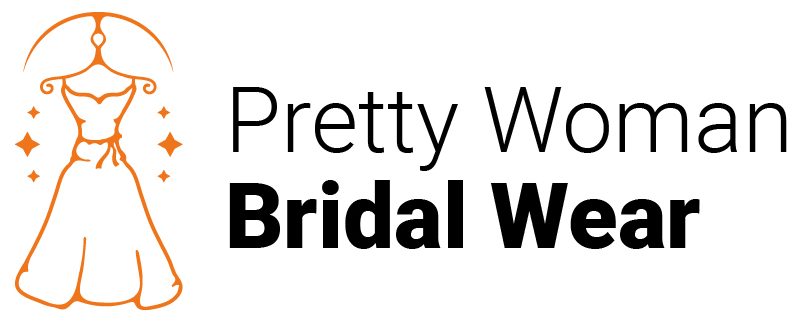The ability to create something new – and even touching – in the romantic comedy genre isn’t easy. However, With Top End Wedding, Wayne Blair (The Sapphires) has succeeded in creating an unpretentious Australian story that has a genuine emotional reward for the viewers.
The film was directed by Blair ( The Sapphires) and written by Joshua Tyler (writer and star of Plonk) and Miranda Tapsell ( Love Child, The Sapphires). The film received its Australian premiere at the Adelaide Film Festival with much excitement.
Top End Wedding has all the characteristics of a likable romantic comedy. Soon-to-weds Lauren (Tapsell) and Ned (Gwilym Lee) arrive in Darwin for their Wedding but are shocked to learn that the mother of Lauren’s, Daffy (Ursula Yovich), disappeared from the far north, in remote Australia.
Lauren must stop her parents from marriage before she is able to start her own. Will Lauren and Ned discover Daffy and get married to have their perfect Wedding? There always is a glimmer of hope when it comes to romantic comedies. Lauren only has ten days off from her very efficient legal job, leaving her only a short amount of time to find her mother and marry.
The official trailer of Top End Wedding.
Crossover appeal
Top End Wedding follows in the same direction as Blair’s movie The Sapphires by telling an Indigenous Australian story that has potential for international crossover.
Australian screen studies expert Therese Davis claims That The Sapphires – is based on a real account of the Indigenous Australian singing group who performed for soldiers in Vietnam. The film includes:
- An international perspective.
- Using Soul music as well as American politics.
- Interacting with uniquely Australian content.
The film speaks to global and local audiences.
There is no moment in The Sapphires better demonstrates this than the lyricists’ performance of their hit song Ngarra Burra Ferra, which features the lyrics playing over Martin Luther King Jr’s famous speech in the background.
Top End Wedding similarly draws on the international conventions that are well-known in popular genres. It adheres to the majority of the visual and narrative patterns of romantic comedy as well as the road film.
The majority of the film’s plot points are familiar to fans of romantic comedy: Lauren receives assistance from her boss, who is an intelligent and obnoxious Hampton (Kerry Fox) who transforms into a likable character. Ned leaves his job but is too scared to confront Lauren that he is going; they both have support from family and friends who give comfort and comic relief. There’s even a little of slapstick in the airport.
As the central couple begins their search, the basic elements of the movie about road travel are in play as clues are found as they encounter troubles with their car, tensions rise, and they discover more strange characters, like a fake French helicopter pilot.
Top End Wedding draws upon the romantic comedy genre and the road film. Courtesy of Universal Pictures
The moving finale of the film stands out from the norms of the genre, with stunning performances from Tapsell and Yovich, in particular.
At an Adelaide Q&A, screenwriter Joshua Tyler spoke of the immense impact that consulting with Indigenous elders had on the process of writing scripts. The portrayal in the final act of Tiwi Islands in the final scene demonstrates the importance of real consultation and involvement with groups of the community.
Particularly, I was ecstatic to see the presence of Sistagirls and other sexually diverse Aboriginal Australians in the community.
Its representation of Indigenous languages, as well as the pictures of the landscape throughout the film, give the viewer a genuine sense of the place. Images of travel across the country are presented by the use of an Aboriginal or Torres Strait Islander map of Indigenous Australia. The photos show stunning views from the Australian landscape, which includes Katherine Gorge, the Tiwi Islands, and Katherine Gorge.



